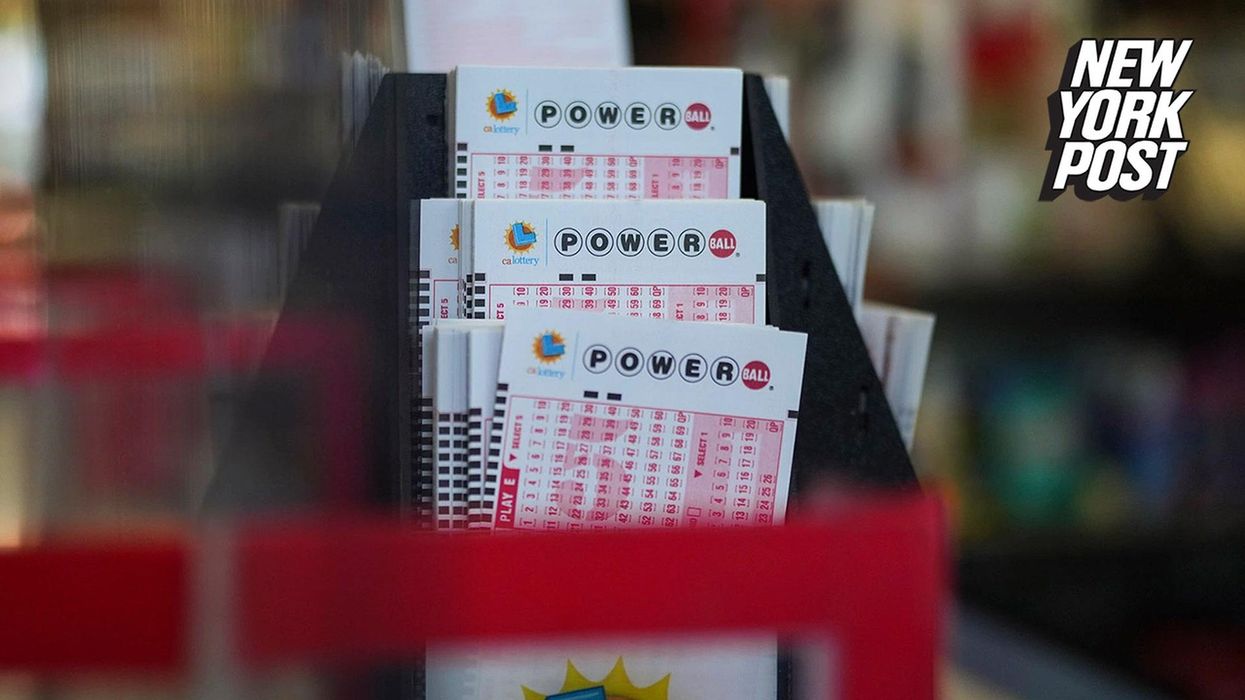Science & Tech
Indy100 Staff
Nov 07, 2022
Powerball winner reveals what won't change after you win the $1.6 billion …
Video
The biggest lottery jackpot ever is up for grabs in the US tonight, after the Powerball prize rolled over to an astonishing $1.9bn.
The previous high for the 45-state lottery was $1.58bn, a world-record. Tonight’s is even bigger - but even if you win, your worries aren’t quite over.
In fact, there’s actually a major decision to make. You can choose to take a US lottery payout in two different ways.
The first option is to take a lump sum. The catch? It’s significantly less than the advertized prize, about $929m before taxes.
The second option is to take the full amount, released in annual payments for the next 30 years.
Received wisdom is that a bird in the hand is worth two in the bush - and getting a lump sum to invest however you please is the best option.
But lottery winnings expert Victor Matheson - an economics and accounting professor at College of the Holy Cross - begs to differ.
He explained to Fortune, in a fascinating interview, why he suggests taking the annual payments.
By going for yearly payouts, the lottery will take the bulk of the money you just won and invest it in a very conservative annuity, which will earn about 4.5%.
That’s a higher rate than you’d get yourself, and your payments will come from that fund.
“So by taking the annuity, it is basically like having the lottery put your money into a high-yield savings account in the first place,” he told the site.
Another key reason to go for the annual payments is to avoid paying the 37% federal tax bill on the full lump sum.
He said: “You get to defer your taxes with the annuity in a way, because you don’t have to pay all of the taxes up front like you do if you take a lump sum and go put it in a high-yield savings account yourself. If you take the money now in a lump sum, you get the tax hit up front.
“From a purely financial standpoint, the advantage of taking the annuity is you don’t have to pay taxes on winnings until you actually receive the money. You’re getting a bunch of money that’s earning money for you and the taxes are deferred. It’s not like it’s tax-free, but you don’t have to pay taxes on that final annuity payment for 30 years.”
So there’s the advice - now all you have to do is win it.
Bad news: the odds are terrible.
Good luck!
Have your say in our news democracy. Click the upvote icon at the top of the page to help raise this article through the indy100 rankings.
Top 100
The Conversation (0)














